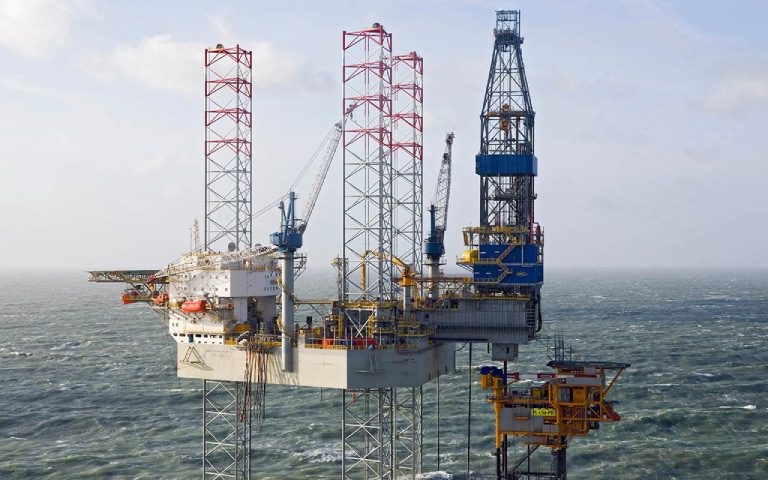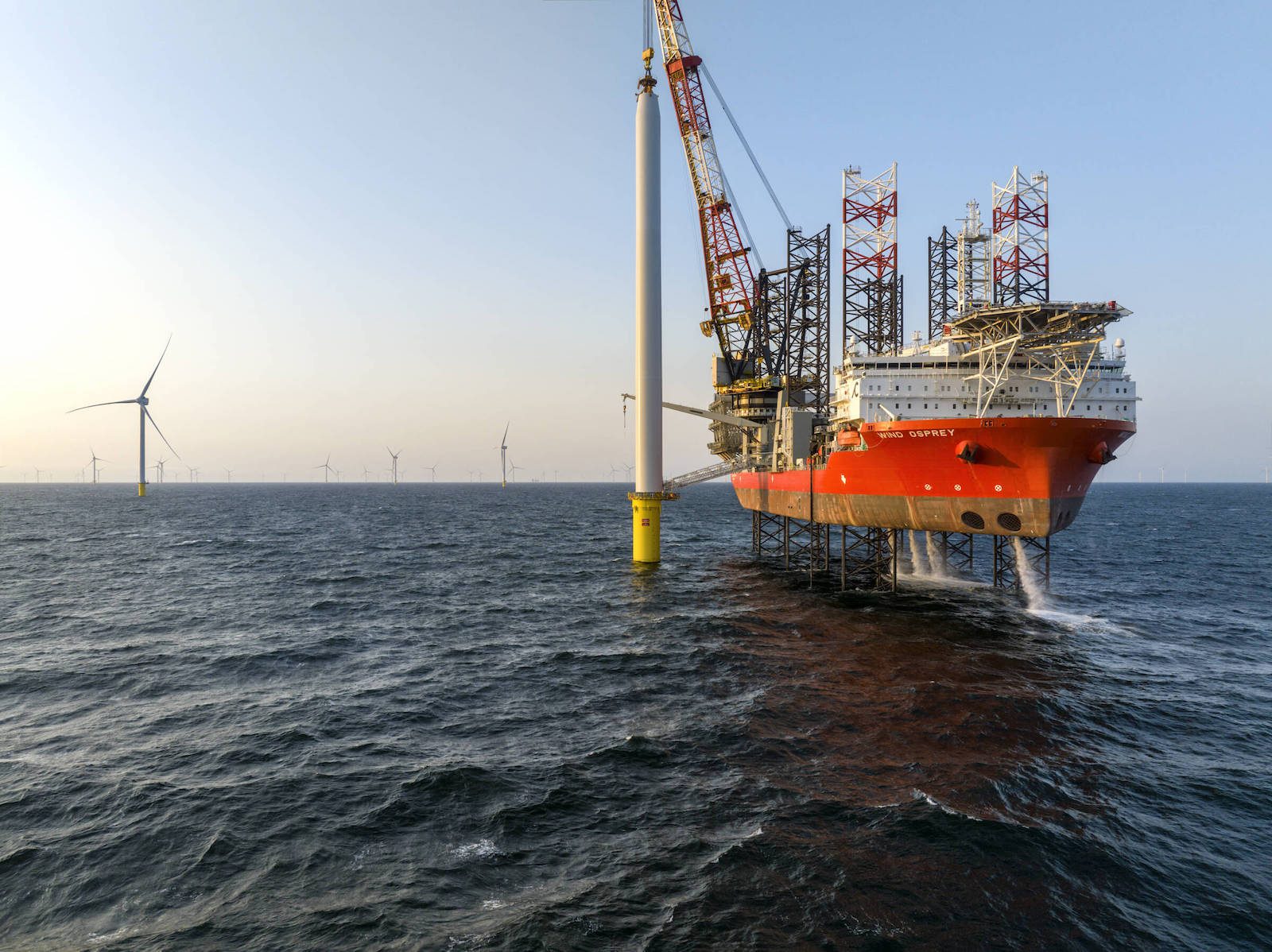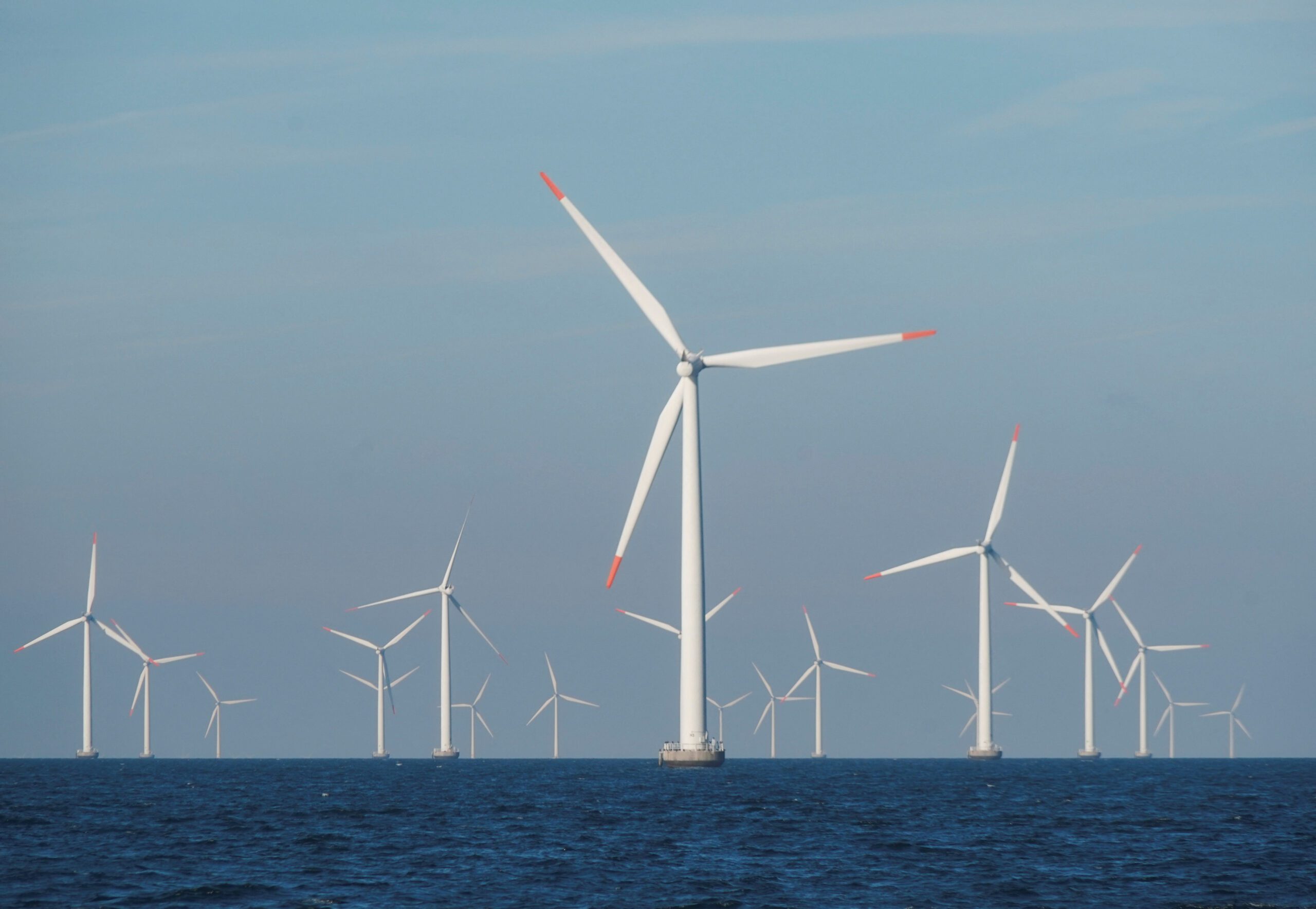The Aiviq stands by as the tugs Corbin Foss, Ocean Wave and Lauren Foss tow the Kulluk rig from Kiliuda Bay near Kodiak Island, Alaska, Feb. 26, 2013. The tugs Guardsman, Warrior, and Nanuq are also on scene to assist Over the next 10 days, the Kulluk will be towed to Dutch Harbor where it will be loaded aboard a heavy lift vessel for transport to Asia. (U.S. Coast Guard Photo)
 By Yereth Rosen
By Yereth Rosen
ANCHORAGE, Alaska, Feb 27 (Reuters) – Royal Dutch Shell Plc will not drill for oil in Alaska’s Arctic seas this year, the company said on Wednesday, in a widely expected decision that follows a series of high-profile setbacks in 2012.
Both critics and supporters of Shell’s controversial Arctic offshore foray welcomed its decision to give up on drilling there for 2013, while the company tries to get its drillships ready and answers to U.S. federal investigators.
Michael LeVine, senior Pacific counsel for environmental group Oceana in Juneau, Alaska, said Shell and the government agencies regulating the company faced a “crisis of confidence.”
“The decisions to allow Shell to operate in the Arctic Ocean clearly were premature,” LeVine said in a statement. “The company is not prepared and has absolutely no one but itself to blame for its failures.”
Few observers doubted that a postponement of Shell’s drilling in the Chukchi and Beaufort Seas was coming after the company said earlier this month its two Arctic offshore rigs would head to Asia for repairs and upgrades.
But ConocoPhillips reaffirmed on Wednesday that it will continue with its own plans to drill one or two exploration wells in the Chukchi Sea in 2014, and expected to submit more information on it to the federal regulator by the end of March.
Analysts say the Arctic’s allure for oil drillers remains strong given the complications of politics and violence they face in other parts of the world.
Shell has spent more than $4.5 billion searching for oil in Alaska’s Arctic seas since it won licences to drill in 2005. Yet its season last year was delayed by problems with equipment, and 2012 then ended dramatically with the grounding of the Kulluk drillship in a storm, while it was towed south for the winter.
“Our decision to pause in 2013 will give us time to ensure the readiness of all our equipment and people,” said Marvin Odum, director of Shell Upstream Americas.
David Yarnold, of environmental group Audubon, said Shell had “come to its senses,” since drilling amid ice floes near the nurseries of threatened wildlife was not “smart or safe.”
PAUSE, FOR NOW
The Anglo-Dutch company’s move into Alaska’s Arctic waters – the first since the Macondo disaster of 2010 – was expected to face criticism, but technical problems with its rigs led to even deeper concerns.
Senator Lisa Murkowski, an Alaska Republican, said in a statement she was a strong supporter of Shell’s activities off her state’s northern coast if it was done to the “highest safety standards.”
“This pause – and it is only a pause in a multiyear drilling program that will ultimately provide great benefits both to the state of Alaska and the nation as a whole – is necessary for Shell to repair its ships and make the necessary updates to its exploration plans,” she said.
Alaska Governor Sean Parnell said in a statement: “While Shell’s decision to pause drilling in Alaska is a disappointment, I commend the company’s commitment to safety and responsible development.”
“Much progress has been made toward developing the vast resources in Alaska’s Outer Continental Shelf, and we recognize this is a long-term endeavor,” the Republican governor added. “Taking the long view, we are at the early stage of a new era of oil exploration in the Arctic, one that will continue for decades in a measured and responsible way.”
Even before the Kulluk ran aground on Dec. 31 after escaping its tow lines, Shell’s 2012 drilling program was stalled by troubles with support vessels and regulatory scrutiny of the other rig, the Noble Discoverer, owned by Noble Corp.
After the Arctic drilling season closed at the end of October, a fire then broke out on the Discoverer. There were also engine failures on the Aiviq, the specially designed ship pulling the Kulluk, before it lost its tow connection.
A U.S. congressman has put public pressure on Shell over the Discoverer safety violations as the Justice Department investigates them along with the Coast Guard.
“Shell’s managers have not been straight with the American public, and possibly even with its own investors, on how difficult its Arctic Ocean operations have been this past year,” said Lois Epstein, Arctic program director for The Wilderness Society.
Curtis Smith, Shell’s Alaska spokesman, said the company would continue to do non-drilling work in the state in 2013, including data collection and possibly site-preparation and geotechnical work.
“We haven’t put a scope of work together yet,” he said.
About 1,500 seasonal jobs would not materialize this year, though there would be no layoffs within the company.
The Kulluk, meanwhile, finally departed on Tuesday from the Kodiak Island bay where it spent the past seven weeks. It is on its way to the Aleutian port town of Unalaska, a trip that will take about 10 days. It will remain there for a few days while preparations are made to dry-tow it to Asia, Smith said.
It would then take two to three weeks to get to Asia, where Shell is still searching for a shipyard, he added.
(c) 2013 Thomson Reuters, Click For Restrictions

 Join The Club
Join The Club



![Shell Throws in the Towel on Alaska Drilling for 2013 [UPDATE]](https://gcaptain.com/wp-content/uploads/2013/02/874860.jpg)







